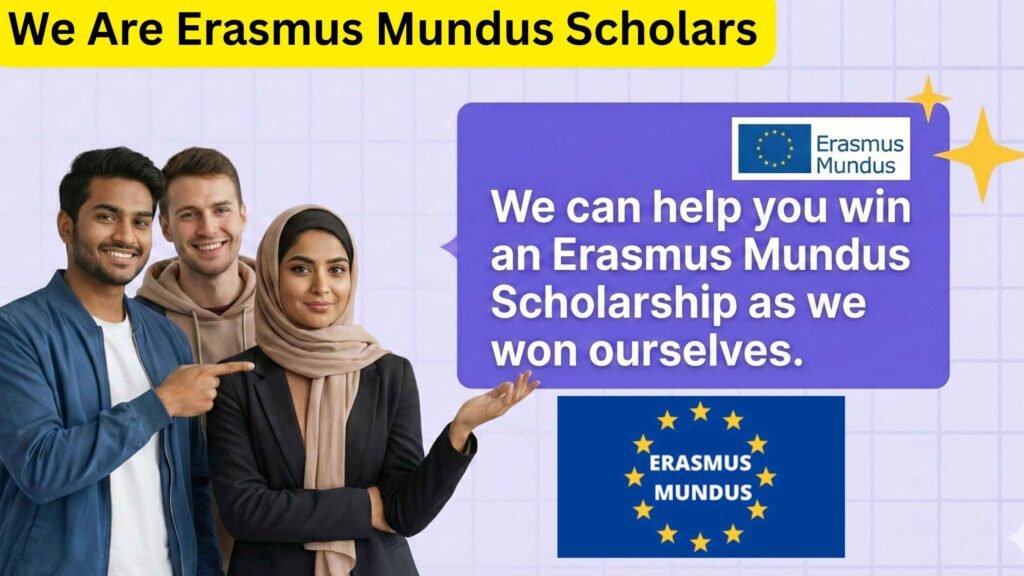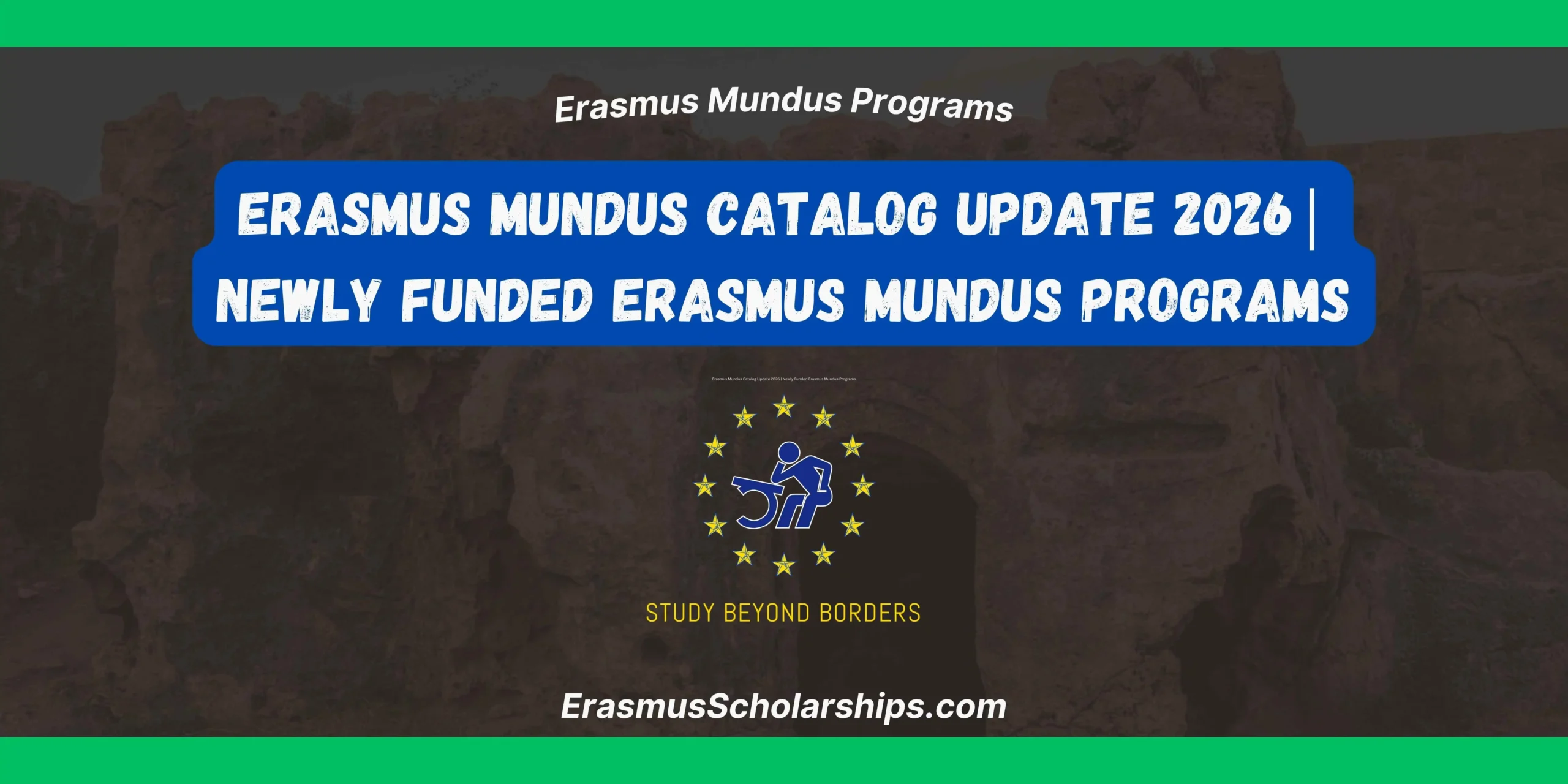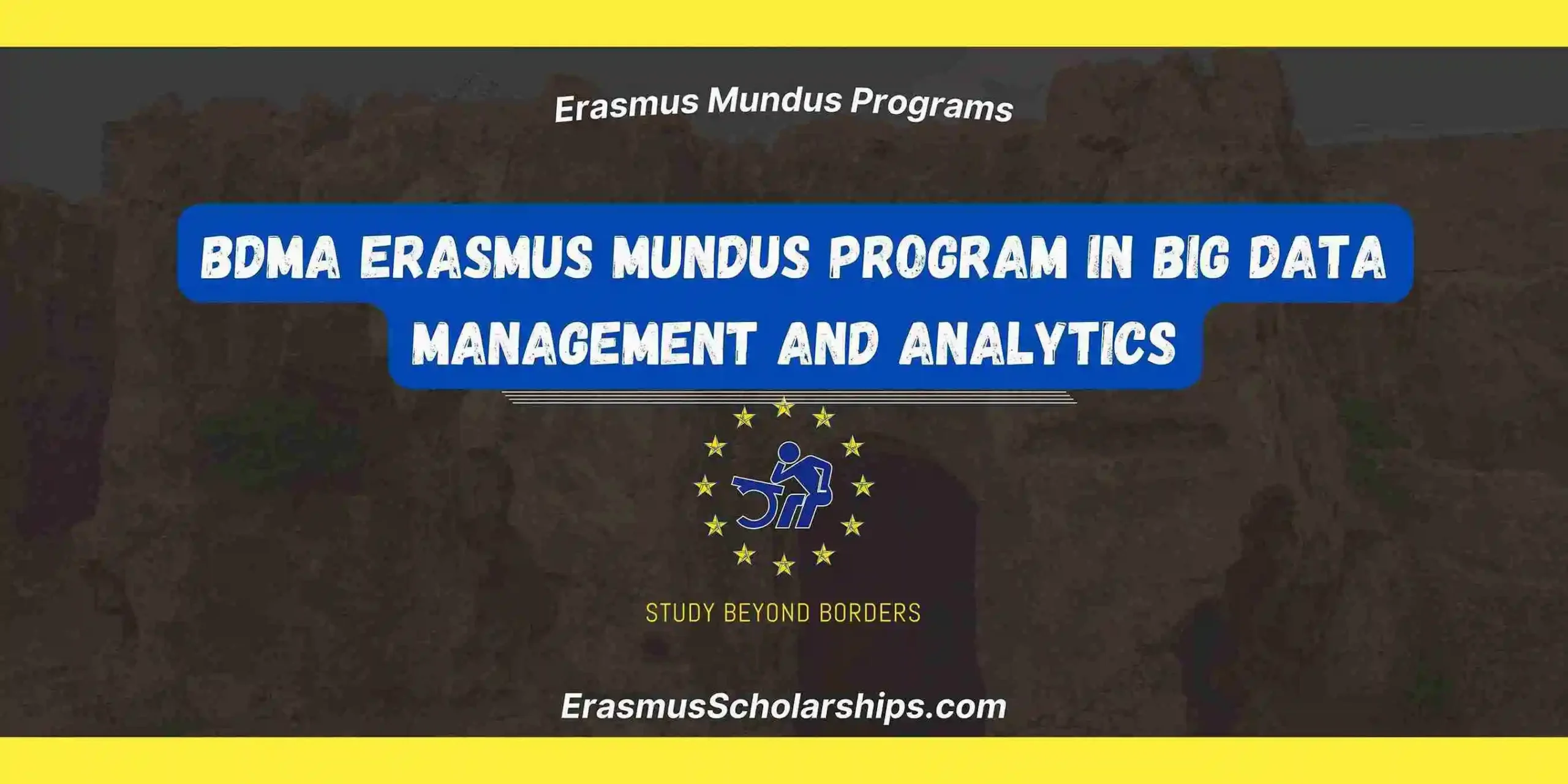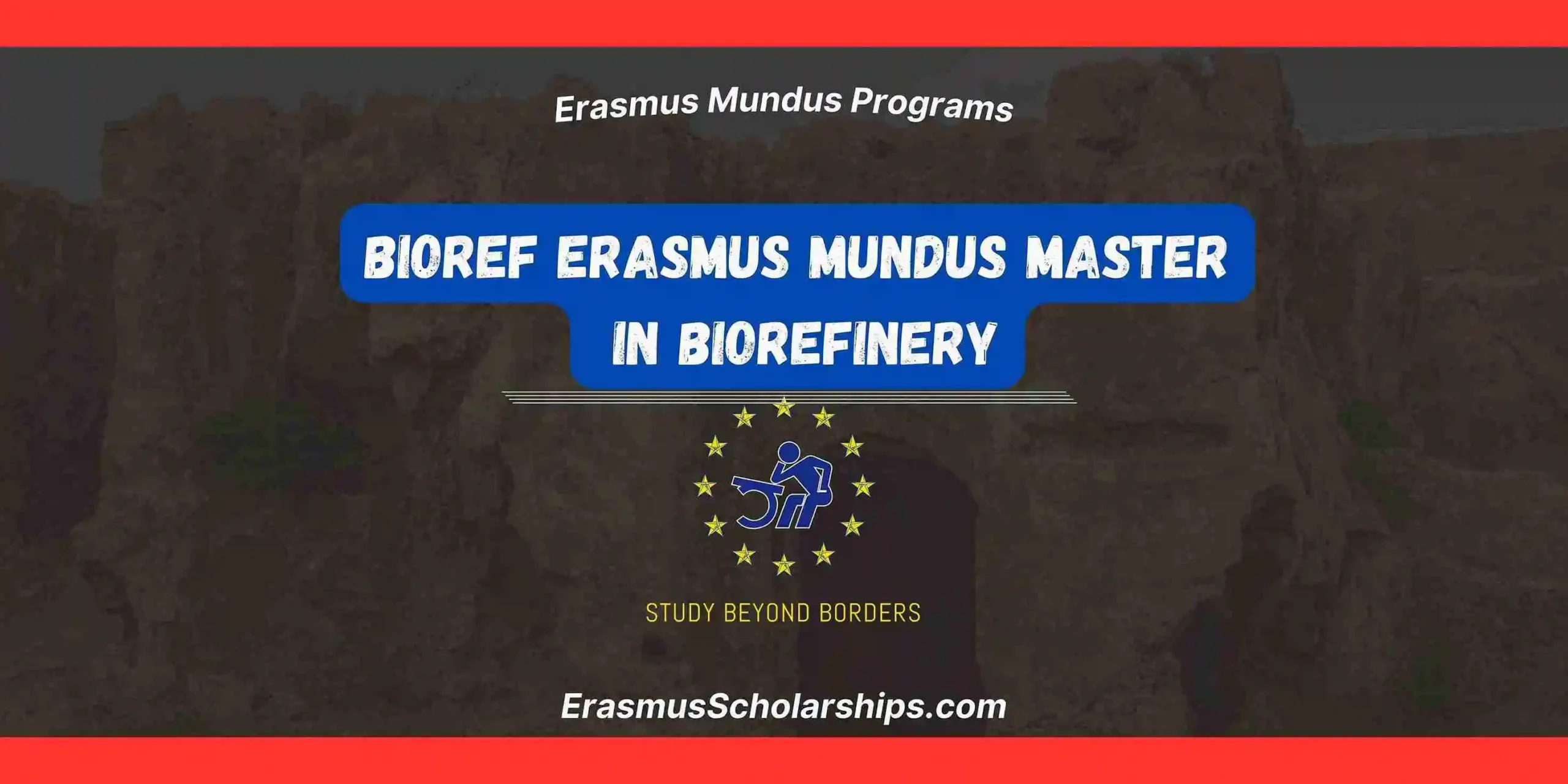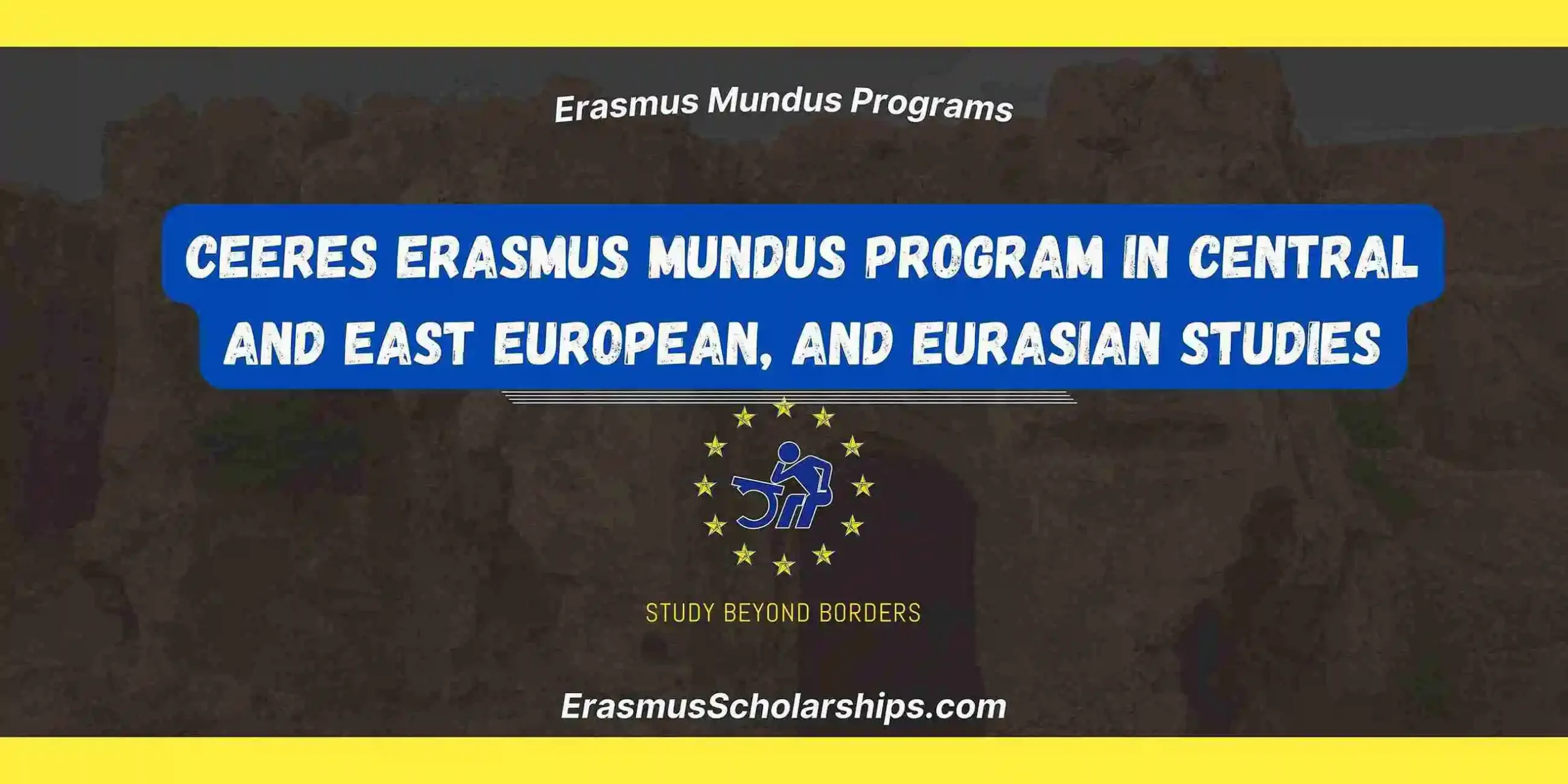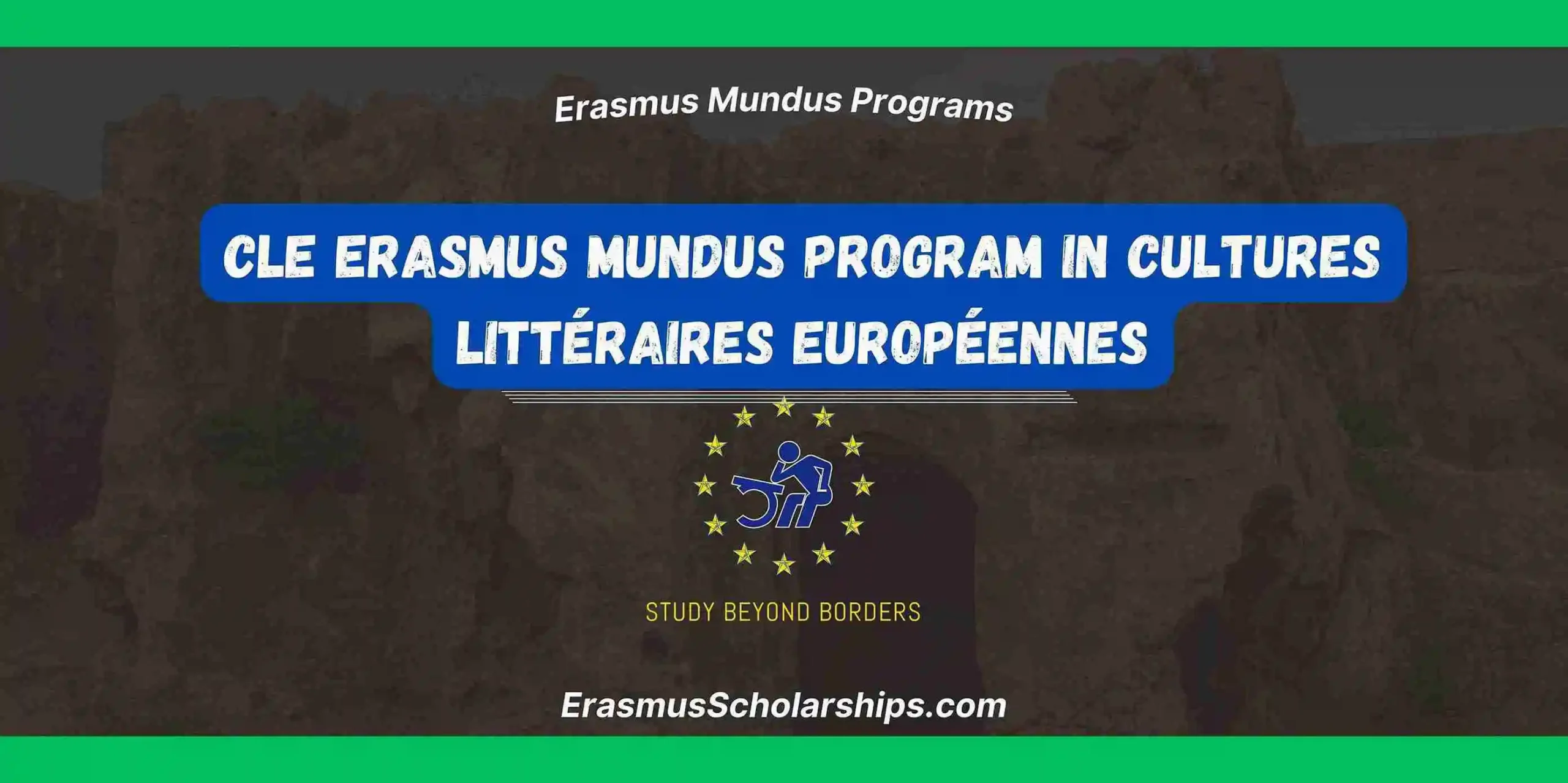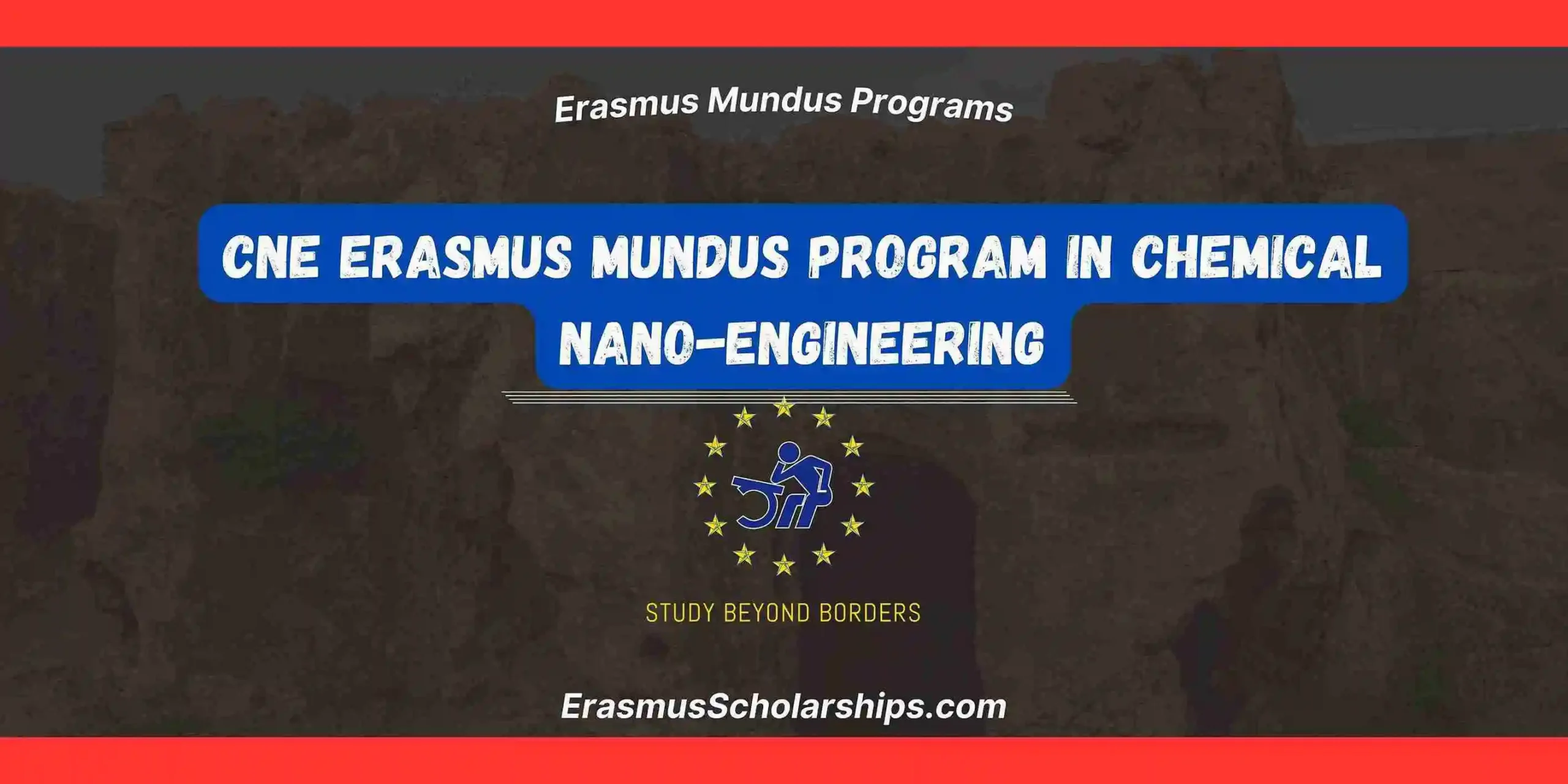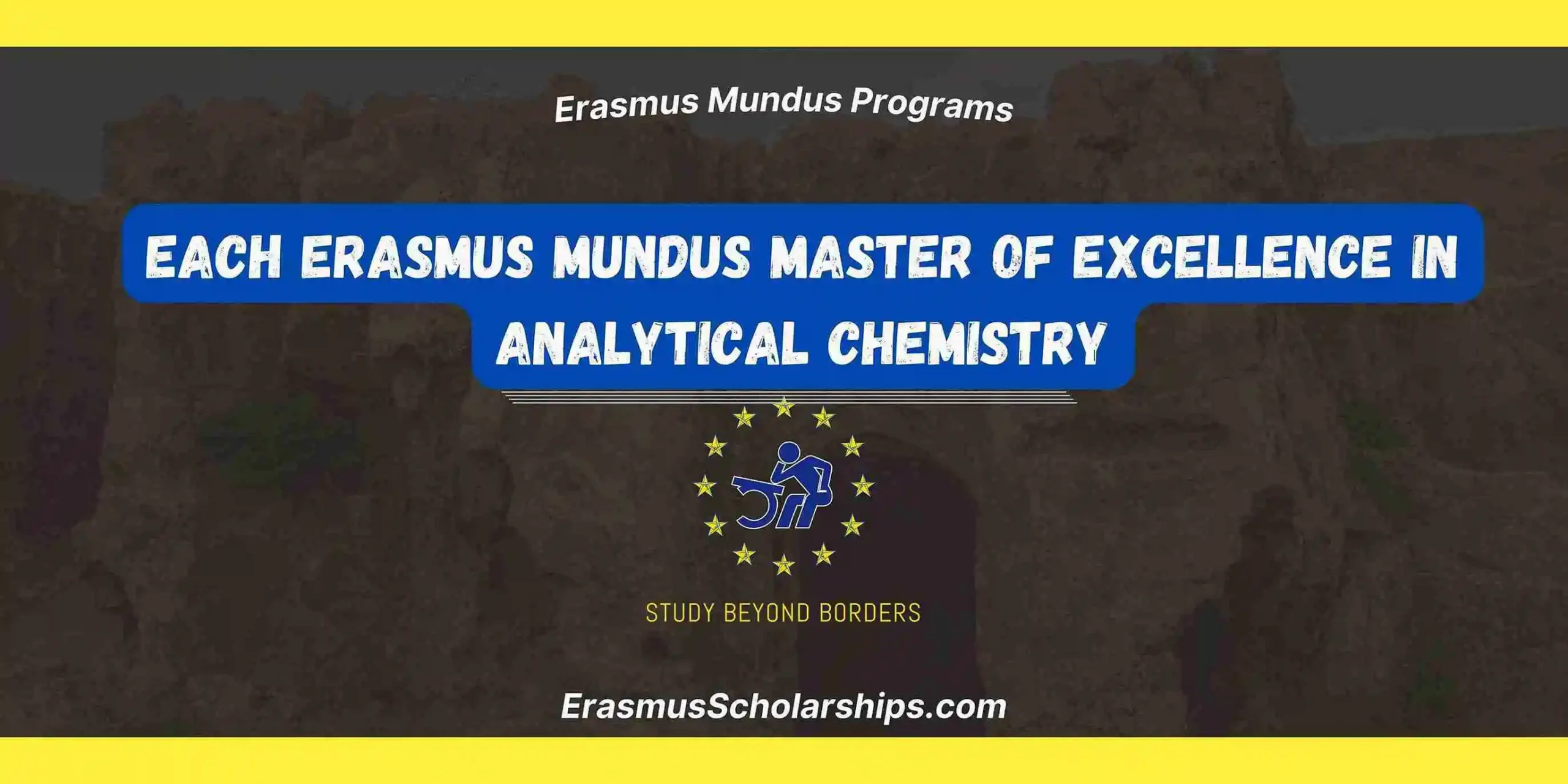The TPTI Erasmus Mundus Joint Master’s Programme in Techniques, Patrimoine, Territoires de l’Industrie is a two year international graduate course that explores the history of technology, industrial heritage, technical landscapes, and their cultural significance. It is coordinated by Université Paris 1 Panthéon Sorbonne in France, in collaboration with Università di Padova in Italy and Universidade de Évora in Portugal. This interdisciplinary programme brings together history, anthropology, archaeology, art history, sociology, conservation, and museology to equip students with both theoretical and practical knowledge across diverse cultural contexts.
Over the course of four semesters, students begin their studies in Paris focusing on anthropology and the history of techniques, continue in Padua with a specialization in industrial heritage management, and move on to Évora to study technical and cultural landscapes. For the final semester, students select one of the three partner universities for their research thesis. Additionally, the programme includes a mandatory five week research stay at one of six international partner institutions in the Czech Republic, Spain, Tunisia, Senegal, Japan, or Argentina, further enriching the global dimension of the TPTI Erasmus Mundus experience.
Project Status
- Status: Ongoing
- Start date 01-09-2021
- End date 31-08-2027
- Action Type: Erasmus Mundus Joint Master
- Universities Involved
- Countries Involved
The TPTI Erasmus Mundus program is a Master’s in techniques, heritage, and industrial territories, offered by leading European universities with a focus on preserving and interpreting industrial history and landscapes.
| Université Paris 1 Panthéon‑Sorbonne |
| Università di Padova |
| Universidade de Évora |
| France |
| Italy |
| Portugal |
This cross-border collaboration allows students to gain an international perspective while studying and researching in the heart of Europe’s academic and industrial hubs.
Description of the TPTI Erasmus Mundus Program
This is an international two‑year Master’s programme dedicated to understanding how technology, industrial sites, and landscapes carry cultural and historical meanings. It trains researchers and practitioners on how to study, preserve, and valorise industrial heritage through immersive courses, fieldwork and interdisciplinary projects across continents
Key features of the TPTI Erasmus Mundus Program
- Interdisciplinary blend: history of technology, anthropology, archaeology, conservation, art history, sociology and museology
- Full mobility: four semesters in three base universities, plus field‑based 5‑week mobility abroad
- Joint degree officially recognized in partner countries, with diploma in 3 languages + English supplement
- Taught primarily in French, with English as secondary language; also optional courses in Italian and Portuguese
Mobility tracks of the TPTI Erasmus Mundus Program
- Semester 1: Paris (history & anthropology of techniques)
- Semester 2: Padua (industrial heritage management)
- Semester 3: Évora (technical & cultural landscapes)
- Semester 4: return to one of the three base universities for thesis/research
- Plus a mandatory 5-week study/research stay at one partner university in Czech Republic, Spain, Tunisia, Senegal, Japan or Argentina
Admission Requirements
- Bachelor’s degree (180 ECTS or equivalent) from a recognized institution
- Language: B1 level in French and English; motivation letter/cv; transcripts; certified diploma copy
- Professional or academic background in architecture, planning, archaeology, heritage management, economics, engineering or related fields
- Not eligible if already previously held an Erasmus Mundus Joint Master scholarship
How to apply for TPTI Erasmus Mundus Program
- Visit the official TPTI website
- Go to the “Apply” or “Candidater” section
- Create an account on the online application platform
- Fill out the application form carefully
- Upload all required documents (degree, transcripts, CV, motivation letter, project proposal, language certificates)
- Select whether you are applying for the Erasmus Mundus scholarship
- Submit your complete application before the deadline
Tips to win the TPTI Erasmus Mundus Program
- Write a standout research project proposal that aligns with TPTI’s themes—industrial landscapes, history of technology, heritage valorization
- Demonstrate multilingual commitment (French/English, maybe basics in Italian/Portuguese)
- Highlight interdisciplinary experience, projects or internships in heritage, archaeology or museum work
- Show enthusiasm for mobility and international perspectives
- Submit all documents early and double‑check formatting and language certs
Application Timeline
- Opens: October
- Deadline: March
- Enroll: Starting September following selection
Curriculum Structure of the TPTI Erasmus Mundus Program
- Semester 1 (Paris): history & anthropology of technology courses, research methodology
- Semester 2 (Padua): industrial heritage theory, conservation design and management
- Semester 3 (Évora): study of technical landscapes, cultural heritage and sustainability
- Semester 4: thesis research, either in Paris, Padua or Évora, supervised by consortium faculty
- Plus an intensive 5‑week immersion/research period at a partner uni (Czech, Spain, Tunisia, Senegal, Japan, Argentina)
Coordinator Contact
- Email: tpti@univ-paris1.fr
- Tel: +33 1 44 78 33 28
Frequently Asked Questions (FAQs)
What’s the tuition cost if I join the TPTI Erasmus Mundus Program without a scholarship?
If you don’t receive the Erasmus Mundus scholarship, the fee is €2,000 per year, and exemptions may be requested via coordination
Can I apply to the TPTI Erasmus Mundus Program even if I’ve studied in Europe before?
Yes—unless you’ve already held an Erasmus Mundus Joint Master’s scholarship, you’re eligible. Prior stays of under 12 months in Europe do not disqualify you
Will I receive a joint diploma at the end of the TPTI Erasmus Mundus Program?
Yes, you get a joint Master’s diploma issued by Paris 1, Padua, and Évora (in native languages) plus an English Diploma Supplemen
What languages are used in the TPTI Erasmus Mundus Program?
Instruction is mainly in French, with English as secondary; courses in Italian and Portuguese are also available throughout the programme
What kind of academic background is required for the TPTI Erasmus Mundus Program?
Applicants to the TPTI Erasmus Mundus Program should hold a bachelor’s degree in fields like history, archaeology, heritage studies, architecture, urban planning, engineering, sociology, or related disciplines.
How competitive is the TPTI Erasmus Mundus Program?
The TPTI Erasmus Mundus Program is highly competitive due to limited seats and scholarship slots. A strong academic record, relevant background, and well-crafted motivation letter significantly improve your chances.

